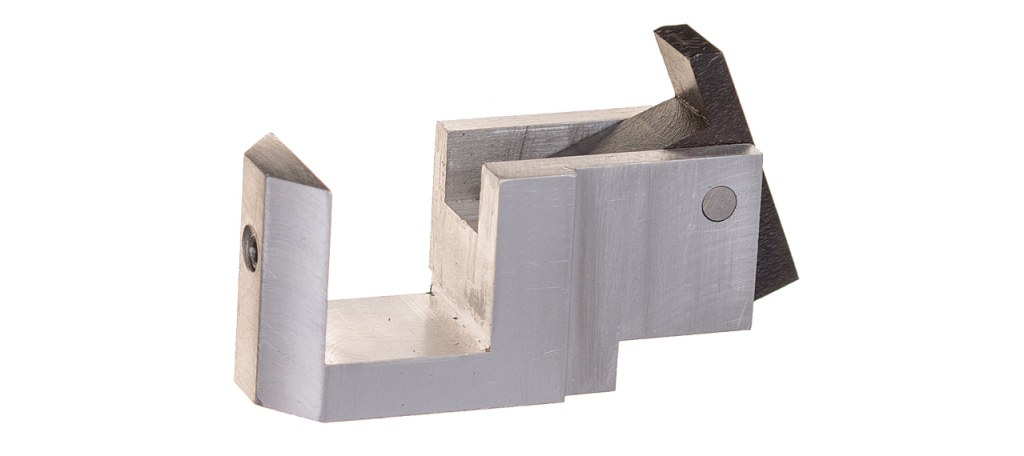
Ever wondered why you can't just go buy a machine gun? You can thank the Hughes Amendment for that. Come read more about this law and its impact.
Published April 05, 2021Link copied to clipboard!
We review products independently. When you buy through links on our site, we may earn a commission to help support our testing. Learn more.
JUMP TO SECTION Jump To:
There comes a point in every gun owner’s life when they start dreaming of just how much fun it would be to own a fully automatic rifle or even a machine gun.
The wind blowing through your hair, the smell of gunpowder in the air, and spent shell casings falling faster than you can count…
Unfortunately, that is also the point when you find out it’s not so easy to just go and buy a fully automatic weapon, thanks to something known as the “Hughes Amendment.”
So, what is the Hughes Amendment?
Glad you asked. We’re going to talk about what this law covers and how it impacts you as a gun owner. So keep reading.
Disclaimer: While the information provided here is legal in nature, it is not to be construed as legal advice, and is for educational and entertainment purposes only.
Table of Contents
Trending: Ammo In-Stock, Best AR-15s, Best Concealed Carry GunsSo what’s this Hughes Amendment and why is it raining on our parade?
The Hughes Amendment, as the name implies, was an amendment to the Firearms Owners Protection Act of 1986.
The FOPA itself was an update to the Gun Control Act of 1968. This act loosened restrictions on a variety of gun laws, such as no longer requiring records of non-armor piercing ammo purchases.
In addition to the other firearms regulations in the FOPA, the Hughes Amendment, in particular, added a section banning civilian transfer or ownership of machine guns…except for those already legally owned at the time the law went into effect on May 19, 1986.
This means the only remaining machine guns allowed for civilian possession were all made at least 35 years ago!
The amendment also put our friends at the Bureau of Alcohol, Tobacco, Firearms, and Explosives in charge of any future civilian transfers of these firearms.

Some of you might be thinking none of this really matters. You have no interest in actually owning a machine gun anyway.
However, it’s important to keep in mind, a machine gun doesn’t just mean the M60 or M240 used by the military.
Under the National Firearms Act of 1934 — yet another set of gun laws separate from the GCA and FOPA — any fully automatic gun falls into the “machine gun” category. This includes a fully automatic AR-15.
More importantly, an auto sear placed into an AR-15 to make it fully automatic is also legally considered a “machine gun.” Even if it’s not put inside the rest of the AR-15 along with the other M16 parts to make it full-auto, it still counts.
So, transfer and ownership of even the auto sear is limited to only those in circulation prior to the 1986 cutoff.

With these restrictions, only a limited number of machine guns legally owned by civilians in the US exist.
No new machine guns made after the law went into effect in 1986 are allowed to be transferred or owned by civilians.
So, the guns we had access to 35 years ago are the only ones that can continue to remain in circulation.
If one breaks, or becomes destroyed somehow, there are that many fewer machine guns for us plebs to enjoy.
Transfers of the existing stock are still allowed, of course. But you’ll need to have the money for it.
Since there is a limited number of remaining machine guns in circulation, the price for them has skyrocketed.
Assuming you can afford to pay for one, there are still some additional steps you’ll need to go through with the ATF.
To complete a machine gun transfer:
The requirements don’t seem that difficult to meet. And really, the biggest hurdles will be the expense and waiting for approval from the ATF.
If you can find a willing seller and the money to pay for it, all that stands between you and true freedom is an ATF review…and a few (tens of thousands) of dollars! Easy peasy!
For the rest of us, full-auto will likely be something we experience at gun shows every so often.
On the bright side, shooting semi-auto does help conserve ammo. And with the way ammo prices are going, only shooting semi-auto isn’t the worst thing in the world.
Have you ever shot a fully automatic firearm? Tell us about your experience so we can envy you! Want to know more about gun laws? Check out Gun Laws by State!